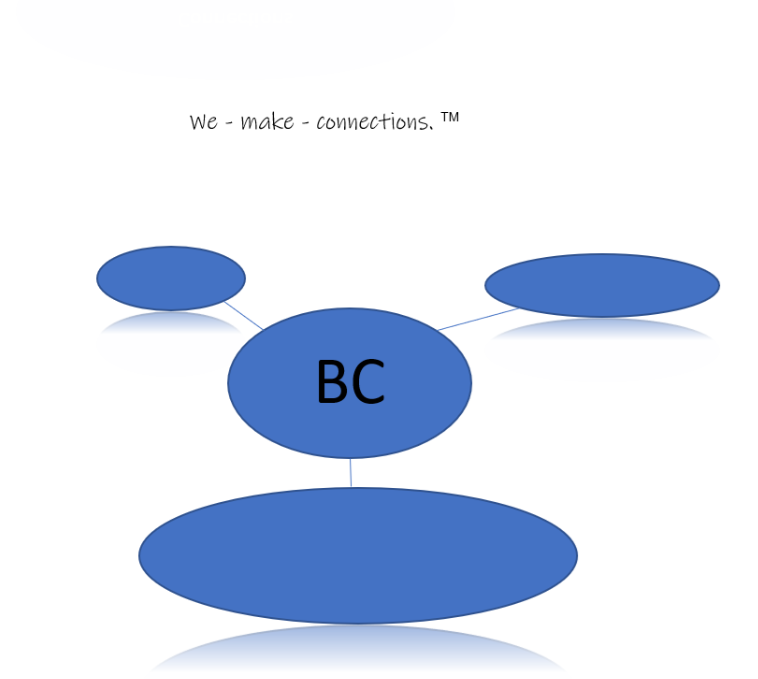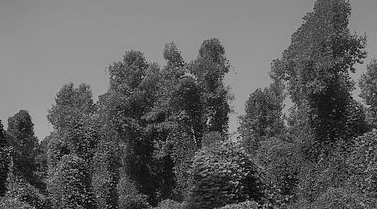Anger and the Kudzu (by Seth Batiste)
Anger invades. In combat, it can be argued that anger is important at the moment in time one must make a difficult decision about his life versus that of his enemy.
Dr. Martin Luther King, Jr. likely had enough anger to allow him to speak out on racism – enough anger to make a smothering difference. It cost him his life. His father, Martin Luther King, Sr., could have harbored enough anger for both his son and wife after losing them to the indifference and hate of different men. Instead, he did not hate James Earl Ray or Marcus Wayne Chenault for the mowing of stems. He knew that anger is the tree that breeds hate. “Nothing that a man does takes him lower than when he allows himself to fall so far as to hate anyone.” MLK, Sr. wrote in his autobiography before his 1980 death.
The greenhouse birth of anger comes from underneath something, from somewhere. It is stifled, stagnated, settled, drowned or allowed to increase. Under a blanket, it becomes stronger, “hogging the sunlight”.
Too much of one thing gives birth to another. Anger also breeds hate, and hate breeds pain. Brene Brown of the University of Houston writes, “It is so much easier to cause pain than to feel pain.”
Moving poems have been written about various species of anger. Anger is a thankless shade. Some will say it comes from the jungles of southeast Asia or the microaggressions found in southern hospitality.
Anger is normal, unavoidable for so many. When the waters rage, it floods the delicate landscape. And, like the Kudzu, it is coercive.
Anger is a deadly root. Roots grow while anger festers. In mountains, the fire of anger echoes.
There are many circumstances that cause peas to grow into anger. Let’s talk about culture and anger very briefly. Our culture rewards anger that turns into outrage.
Anger is coiling and popular. Anger is Boston Strong, Houston Strong, and everything strong, so that we can be mad enough at a problem to galvanize communities to do something about it. The meek, kind and gentle are not our trailblazing heroes.
Instead, we praise the proud, the loud, and the obnoxious vines that choke self-thought. Our anger is only blue or red. No Christian wants to turn the other cheek to be slapped again.
I am guilty, but do point out the man that will let you slap him twice. Is he a native or invasive species?
The Kudzu culture appears to be the outrage, unstoppable. Its overwhelming presence spreads, abusing the rest. All suffers.
Elements of marriage become our Kudzu. Growth fails and we are swallowed whole. Results equal anger and even while kindness withers in the shade.
Anger is a drought-resistant nuisance serving no one. Anger can devour the soil of truth and erode humility. Kudzu is quiet, peaceful, yet we compare it to anger because it is fast-growing, hard to get rid of, and it blankets.
Anger does not lead well. Like too much work, anger can kill. Remember what festers, what drives.
References
· Eph. 4:26-27
· Eph 4.1-3
· Brene Brown, University of Houston
· MLK, Sr. Autobiography
Inspired by Dan Slagle, January 19, 2020

